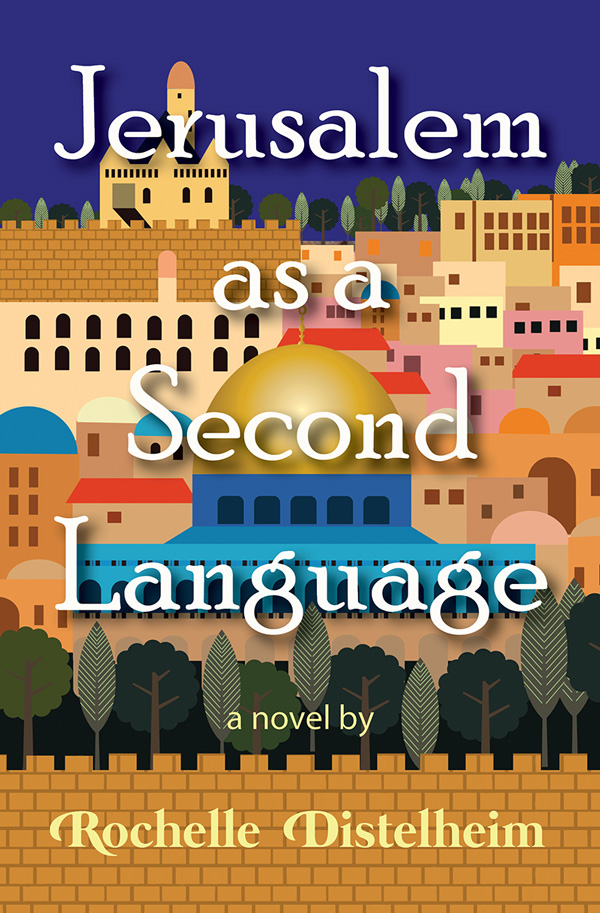JERUSALEM AS A SECOND LANGUAGE
It is 1998. The old Soviet Union is dead, and the new Russia is awash in corruption and despair. Manya and Yuri Zalinikov, secular Jews — he, a gifted mathematician recently dismissed from the Academy; she, a talented concert pianist — sell black market electronics in a market stall, until threatened with a gun by a mafioso in search of protection money. Yuri sinks into a Chekhovian melancholy, emerging to announce that he wants to “live as a Jew” in Israel. Manya and their daughter, Galina, are desolate, asking, “How does one do that, and why?”
And thus begins their odyssey — part tragedy, part comedy, always surprising. Struggling against loneliness, language, and danger, in a place Manya calls “more cousin’s club than country,” Yuri finds a Talmudic teacher equally addicted to religion and luxury;
Read More
Manya finds a job playing the piano at The White Nights supper club, owned by a wealthy, flamboyant Russian with a murky history, who offers lust disguised as love. Galina, enrolled at Hebrew University, finds dance clubs and pizza emporiums and a string of young men, one of whom Manya hopes will save her from the Israeli Army by marrying her.
Against a potpourri of marriage wigs, matchmaking television shows, disastrous investment schemes, and a suicide bombing, the Zalinikovs confront the thin line between religious faith and skepticism, as they try to answer: What does it mean to be fully human, what does it mean to be Jewish? And what role in all of this does the mazel gene play?

